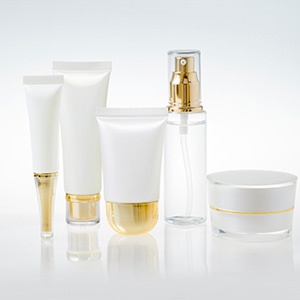
What are parabens?
It’s a preservative used in cosmetic products to stop and prevent the growth of bacteria, such as fungus or other microbes and keep your product fresh and moist. It is generally found in makeup products, shaving gel, moisturiser, deodorant and shampoo.
So what’s all the fuss about?
Almost a decade ago as study was conducted by the Journal of Applied Toxicology that showed a relationship between parabens and tumours, which at the time was believed to cause breast cancer and reproductive issues. Many say, however, that this was completely overblown. Into the gloss reports that later the Cosmetic Ingredient Review did further research that found no harm or cause for alarm.
Yet in 2010, Denmark banned two forms of parabens (propylparaben and butylparaben) for its harmful effects, which were found in kiddies cosmetics and lotions for children under the age of 3. According to Time, the European Health Commission held a Scientific Committee on Consumer Products on parabens in 2006, which concluded that up to 25% was deemed safe to use, although concentrations should be as low as 0.1 to 0.3 %.
So, why not look for alternatives instead? In the past, parabens replaced other cancerous preservatives such as formaldehyde. It was especially hailed as a great alternative because of its inexpensive and effective nature.
But is it really that bad?
The dangers of parabens have been widely publicised over the last few years. But it would seem that regularly consuming parabens won’t have severe effects on your health. At least, not when you take it in small doses.
According to Paula’s Choice, there is no reason why consumers should avoid using cosmetics that contain parabens. In fact, they reported that a review stated its impossible for parabens to increase the risk of exposure to estrogenic chemicals. Although natural skin-care manufacturers deem parabens dangerous, there are some fruits and vegetables, such as soy, blueberries, beans, carrots and cucumbers that produce parabens and other chemicals.
Cosmetic manufacturers are required by law to declare the ingredients contained in products sold to the consumer. So, the hype surrounding parabens is overrated, but in the same vein it is important to read labels and be aware of which ingredients are contained within the products we use daily. The Huffington Post stresses you consider the reputation of the manufacturer and its track record when it comes to testing for safety before buying products containing parabens. Either way, this should be top of mind with all products we use and consume.




 Publications
Publications
 Partners
Partners










